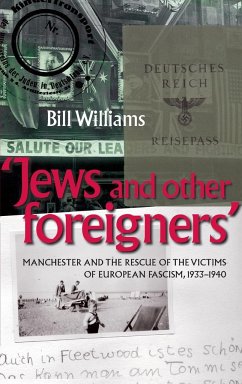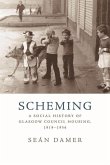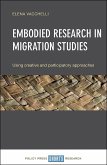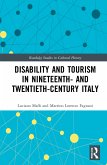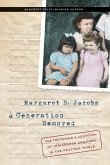Between 1933 and 1940, Manchester accepted almost eight thousand refugees from Fascist Europe. Among these were Jewish academics expelled from universities across Germany, Austria, Spain and Italy. Around two hundred were children from the Basque country, temporarily evacuated to Britain in 1937, as the fighting of the Spanish Civil War neared their home towns. Most were refugees fleeing Nazi persecution in Germany, Austria and Czechoslovakia. 95% of the refugees from Nazism were Jews threatened by the increasingly violent anti-Semitism of the Nazi regime. The rest were Communists, Social Democrats, Pacifists, Liberals, Confessional Christians and Sudeten Germans. Several valuable studies have been written on the response of the British government to the refugee crisis. Yet this study is the first to assess the responses of a single city, Manchester, which had long cultivated an image of itself as a 'liberal city'. Using documentary and oral sources, including interviews with Manchester refugees, 'Jews and other foreigners' explores the work of those sectors of local society which took part in rescue work, including industrialists from the Manchester region, pacifist bodies, the University of Manchester, secondary schools in and around Manchester, Jewish communal organisations, the Society of Friends, the Rotarians and the Roman Catholic Church. It considers the reasons for their choices to help, and assesses their degree of success, as well as the forces which limited their effectiveness. Though 'Jews and other foreigners' will appeal to a broad readership, it will be of particular interest to those studying the role of philanthropy and the Christian churches in Manchester society, the role of Zionism during the Second World War, the history of the British Jewish community, Britain's attitudes to immigrants and refugees and issues surrounding the settlement and acculturation of newcomers to British society.

